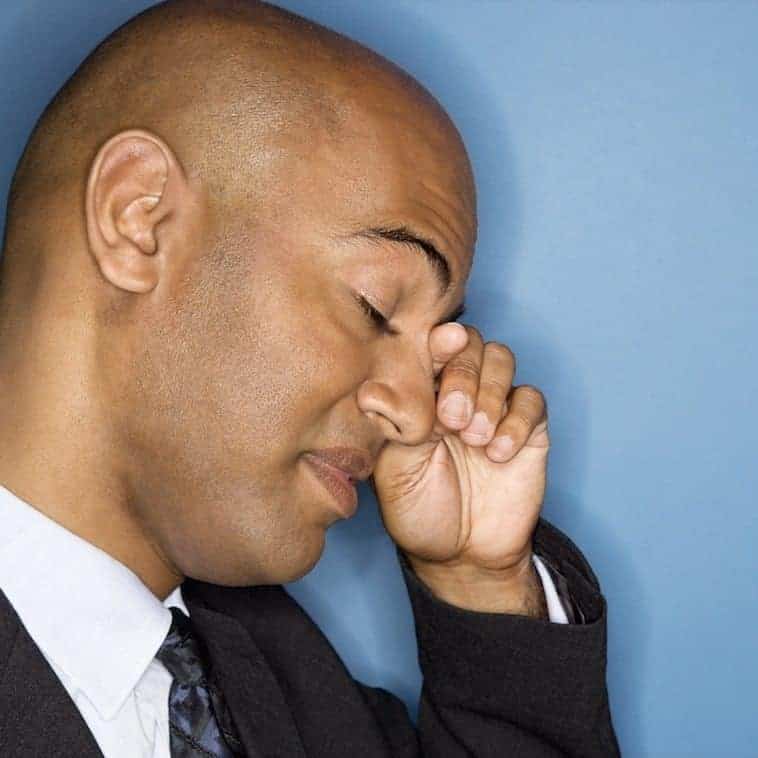
“Short sleep” has been linked with increased risk of health problems, including obesity, high blood pressure, diabetes, heart disease and death. The researchers also found that black professionals had the highest prevalence of short sleep and white professionals had the lowest prevalence.
The study appeared online Sept. 9, 2013 in the American Journal of Epidemiology.
“With increasing numbers of blacks entering professional and management roles in numerous industries, it is important to investigate and address the social factors contributing to the short sleep disparities in blacks compared with whites in general, and particularly in professional settings,” said lead author Chandra Jackson, Yerby postdoctoral research fellow in the Department of Nutrition at HSPH.
The researchers analyzed eight years of data, from 2004-2011, from nearly 137,000 U.S. adults who participated in the National Health Interview Survey. Workers from the U.S. Census Bureau interviewed survey participants about their health, lifestyles, jobs and socioeconomic status.
Based on self-reports, 30% of the respondents were considered “short sleepers,” sleeping less than seven hours a night; 31% were “optimal sleepers,” sleeping about seven hours a night; and 39% were “long sleepers,” sleeping more than seven hours a night.
After adjusting for various factors, including age, demographic factors, health behaviors such as smoking and alcohol consumption, physical activity, medical conditions and socioeconomic status, the researchers found that black workers in general — and black professionals in particular — were more likely to experience short sleep than whites. Among black respondents, 37% were short sleepers; among whites, 28%.
In all industries combined, blacks working in professional or management positions were more likely to experience short sleep than their white counterparts (42% vs. 26%). Blacks working in support services were also more likely to experience short sleep than whites (37% vs. 26%), as were laborers, (35% vs. 32%). The only industries in which blacks and whites had similar rates of short sleep were retail and food.




